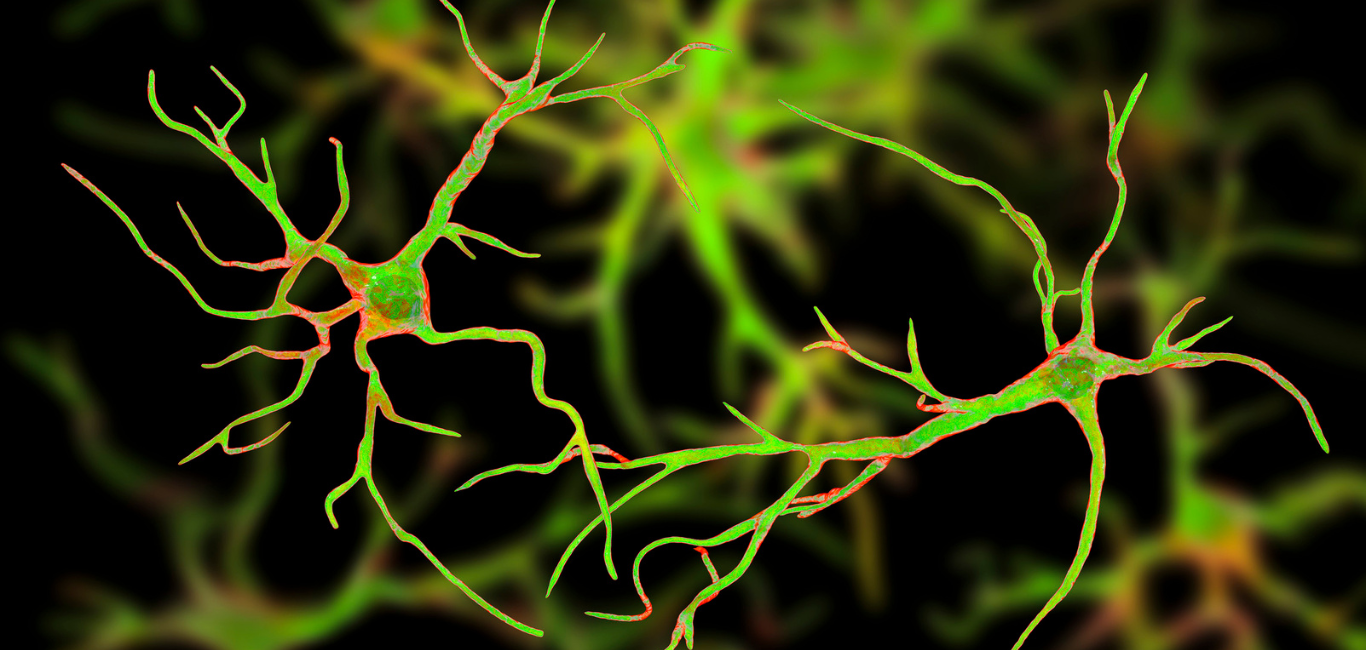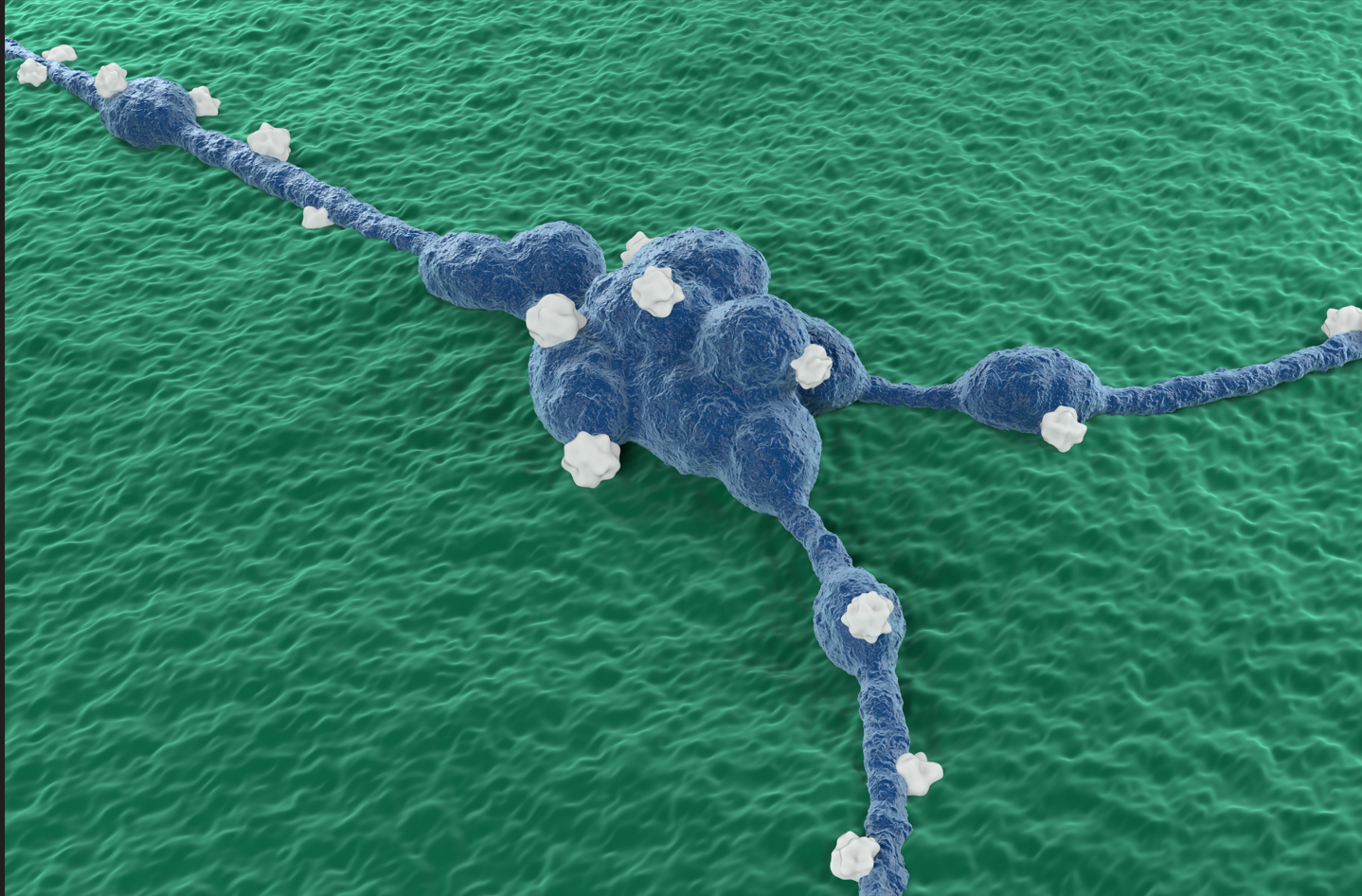
Neuroscientists from the Department of Basic Neurosciences at the University of Lausanne (UNIL) and the Wyss Center for Bio and Neuroengineering in Geneva have found a new type of brain cell which they believe could be involved in brain disorders like epilepsy and memory-related conditions such as Alzheimer’s and Parkinson’s disease.
This discovery, published in Nature on 6 September 2023, could revolutionise our understanding of brain functions opening new avenues for research and treatment of neurological conditions.
Astrocytes confirm theories
For decades, it was recognised that the brain comprises two primary cell types: neurons, responsible for rapid information processing and transmission, and glial cells, which provide structural support, energy and immune function to neurons.
“[This study] therefore increases the number of possible therapeutic targets and refines the therapeutic strategies,” Andrea Volterra, co-director of the study and honorary professor at UNIL, tells Happiest Health.
Among the various types of glial cells, astrocytes have long been under scrutiny. Studies have found that astrocyte populations closely surround synapses (the neuron-neuron junctions). These findings led to the belief that astrocytes play a crucial role in signal transmission between neurons, aiding the release of brain chemicals. However, no conclusive evidence was found to that effect.
“Our discovery reveals an even larger complexity of brain cells than understood until today, a complexity extending also to non-neuronal cells like astrocytes, which enlarges the spectrum of players in brain computations,” says Volterra.
The research team, led by Volterra and Ludovic Telley, assistant professor at UNIL, used advanced molecular biology techniques to understand the molecular composition of astrocytes in mice.
Synaptic secrets of astrocyte proteins
The team found copies of a type of protein known as VGLUT in the astrocytes. VGLUT proteins release glutamate – the key brain chemical responsible for transmitting signals through the synapses. Further, specialised proteins essential for the proper functioning of glutamate were also found in these cells.
To further validate their findings, the researchers used advanced imaging techniques to see how the glutamate was being released from the brain tissues of the mice. They found that a type called glutamatergic astrocytes was releasing glutamate rapidly. This activity resembled synaptic activity or how neurons signal each other.
“They [glutamatergic astrocytes] are cells that modulate neuronal activity; they control the level of communication and excitation of the neurons,” says Roberta de Ceglia, the first author of the study, in a statement.
Role in brain conditions
The researchers then tried to suppress the VGLUT proteins. Impairing the machinery of these cells had adverse effects on the brain process that is important for memory formation, affecting the memory of mice. Further, the mice showed epilepsy-like seizures when glutamatergic astrocytes were disrupted.
“Data in the literature indicated that excess glutamate release from astrocytes might contribute to neuronal hyperexcitation [activated neurons], which is at the basis of epileptic seizures,’ says Volterra.
The researchers found that these astrocytes played a role in regulating brain circuits associated with movement control – a discovery that indicated their role in Parkinson’s disease.
The researchers say future studies will explore the protective role of these cells against memory impairment in Alzheimer’s disease and their involvement in other brain regions.
“Once [we establish] a role in specific pathologies, we can generate therapeutic strategies (mostly involving gene therapy) to selectively target this cell population and increase or decrease its function,” says Volterra.

















